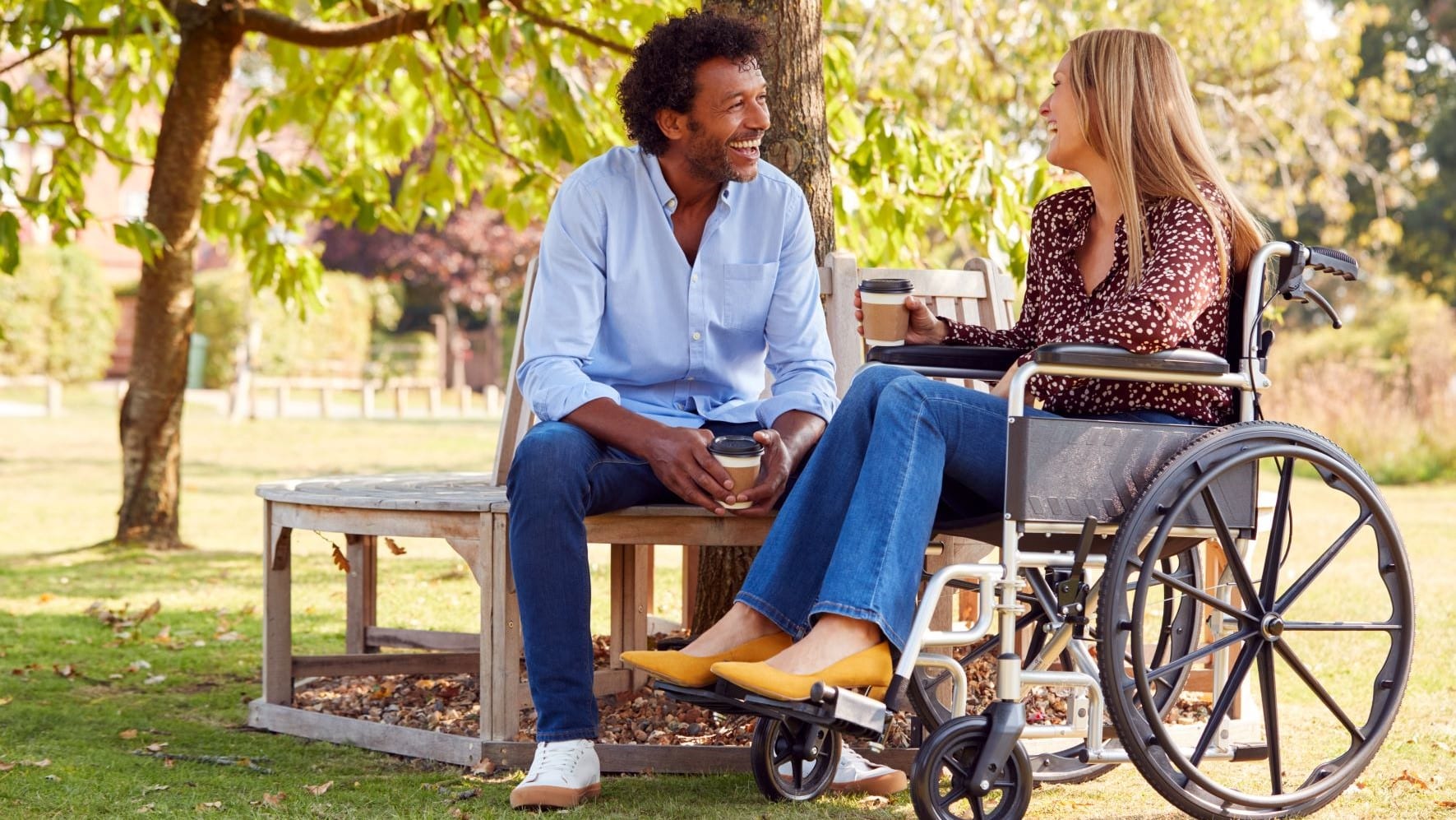Author
Roz Kalb , Psychologist
Close

23 May 2022 | ~4:08 Engagement Time
Bowel and bladder issues – and their effects on your life – are more common than you think.
Do worries about accidents keep you from doing the things you enjoy?
Is scoping out the bathrooms your first order of business wherever you go?
Are you getting up every hour or two during the night to go to the bathroom?
Do you dash to the bathroom only to sit there waiting impatiently for something to happen?
Have bowel movements become an event to celebrate rather than a routine activity?
Do you miss the days when you could live your life without thinking about your bladder or bowels?
If so, you’re not alone.
These are common bladder and bowel problems for folks with MS.
MS can take away your sense of personal control in many ways. But losing control of your bladder and bowel function is tough to take.
Learning how MS affects bladder and bowel function – and what you can do about it – is the first step toward taking back control.
At least 80 percent of people with MS experience bladder problems.
While some have difficulty storing urine (meaning they have to pee urgently and often), others may be unable to empty their bladder completely. Some people experience both.
Because each of these problems can cause similar symptoms, including feelings of urgency, frequent daytime and nighttime trips to the bathroom, and bladder accidents, it takes a thorough assessment by a urologist to determine exactly what is causing your symptoms.
If your MS provider hasn’t asked you about your bladder function, speak up so you can get an accurate diagnosis and prompt treatment.
The best treatment depends on the type of problem you are having.
You might have heard this symptom called an “overactive bladder,” and it is typically managed with medication.
While several medication options are available, you and your provider should opt for one that will have minimal impact on your cognitive function. Experience has demonstrated that many of the most commonly prescribed bladder medications impact thinking and memory.
Another effective treatment for storage problems is pelvic floor physical therapy, which is provided by a physical therapist with training and expertise in this area.
Percutaneous tibial nerve stimulation (PTNS) delivered 30 minutes per week for 12 weeks reduces urinary frequency, urgency, nighttime urination, and incontinence. PTNS works by transmitting signals from a small electrode inserted in the ankle to the network of nerves that controls the bladder and pelvic floor muscles.
Struggles with emptying your bladder are easily managed with intermittent self-catheterization (ISC). While it sounds scary, it is a simple, quick, and painless way to empty your bladder fully.
Why is this important? Urine that stays in the bladder creates a build-up of bacteria that causes urinary tract infections (UTIs). UTIs not only make other symptoms worse (spasticity, in particular) but they can also damage your kidneys when left untreated.
These catheters are small, discreet, and easy to use at work or home, whether you’re female or male. Nothing to worry about!
Many people with bladder problems think the obvious way to manage them is to stop drinking fluids. However, adequate fluids are essential to the health of your urinary tract. They help to flush bacteria and prevent infection. In addition, adequate fluids are necessary for healthy bowel function, which we’ll get to next.
Though less common than bladder issues, bowel problems can be equally frustrating for those who experience them.
Constipation is the most common bowel problem in people with MS. It is typically caused by:
Loss of bowel control can also occur, most often the result of muscle weakness and loss of sensation in the rectum.
Diarrhea in people with MS is much less common, and generally caused by something other than MS. Sometimes, when hardened stool caused by constipation gets lodged in the rectum, loose stool from above may leak around it, appearing like diarrhea.
The best solution to bowel problems in MS is a consistent bowel regimen that includes:
An MS nurse or gastroenterologist can help you identify the precise problem(s) you are having and help you create a regimen that will give you optimal control over your bowel function.
Changes in bladder and bowel function also happen naturally with pregnancy and childbirth, normal aging, menopause, and other factors.
Your MS provider or your primary care physician can help you figure out the cause(s) of any changes you’re experiencing, and the best strategies for dealing with them.
Feeling comfortable and in control is essential to your quality of life — so speak up and advocate for yourself!
Find Out More...